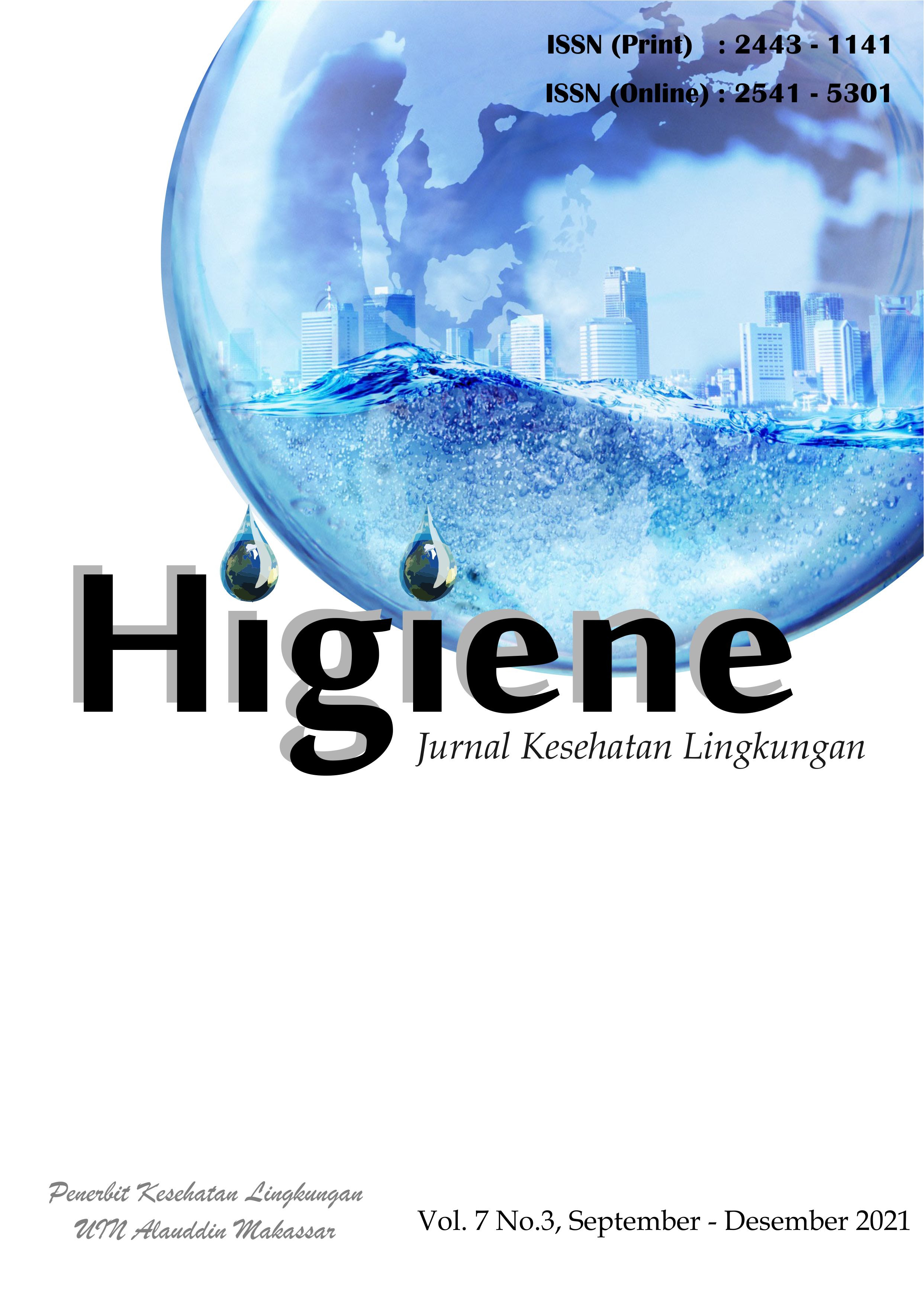Evaluation Of Waste Bank Performance in Rappocini District, Makassar City
Abstract
The general objective of this research is to evaluate the performance of the waste bank in Rappocini District. Meanwhile, the specific objective is to determine the form of activities held by waste banks that directly involve community participation so that they can improve a clean and healthy lifestyle. This research is classified as qualitative with a sample size of 12 people, in which the sample is taken using purposive sampling technique. The data collection techniques used were interviews, observation, literature, and documentation. The results of this study indicate that there are several factors that cause the performance of the waste bank in Rappocini District, Makassar City to be not optimal, including: 1) The formation of managers who are only modest, lack of assistance in the form of initial capital from the government, and inadequate provision of facilities and infrastructure. 2) In the operational process of the garbage bank in Rappocini District, there are still some customers who do not properly sort their waste before it is collected to the waste bank. 3) Customer activeness has decreased from year to year, this is because the economic benefits felt by customers are not comparable to the business that was spent, plus in the 2020 period the Covid-19 pandemic hit various areas causing limited space for residents to move. 4) The benefits of the waste bank in Rappocini District, Makassar City are still not fully felt by the community, this is because the waste bank management and administration process is only carried out improperly and uses very limited resources.
References
Fatmawati, Andi. (2019). “Kinerja Pelayanan Bank Sampah Kota Makassar”. Jurnal Inovasi dan Pelayanan Publik Makassar, vol.1 no.2 (Juli-Desember 2019)
Indonesia, Menteri Negara Lingkungan Hidup Republik. (2013). Peraturan Menteri Negara Lingkungan Hidup Republik Indonesia No 13 Tahun 2012 Tentang Pedoman Pelaksanaan Reduce, Reuse, dan Recycle melalui Bank Sampah.
Makassar, Walikota. (2011). Walikota Makassar Peraturan Daerah Kota Makassar.
Notoatmodjo, Soekidjo. 2011. Kesehatan Masyarakat: Ilmu & Seni/ed Revisi. Jakarta: Rineka Cipta.
Rusmin, Muhammad. (2014). Prinsip Dasar Ilmu Kesehatan Masyarakat. Makassar: Alauddin University Press.
Satrianegara, M. Fais. (2014). Organisasi dan Manajemen Pelayanan Kesehatan. Jakarta: Salemba Medika.
Sinambela, Lijan P. (2019). Manajemen Kinerja: Pengelolaan, Pengukuran dan Implikaisi Kinerja. Depok: Rajawali Pers.
Sistem Informasi Pengelolaan Sampah Nasional (SIPSN) Kementerian Lingkungan Hidup dan Kehutanan 2018.
Undang-Undang Republik Indonesia No 18 Tahun 2008 Tentang Pengelolaan Sampah.
Copyright (c) 2021 HIGIENE: Jurnal Kesehatan Lingkungan

This work is licensed under a Creative Commons Attribution 4.0 International License.


